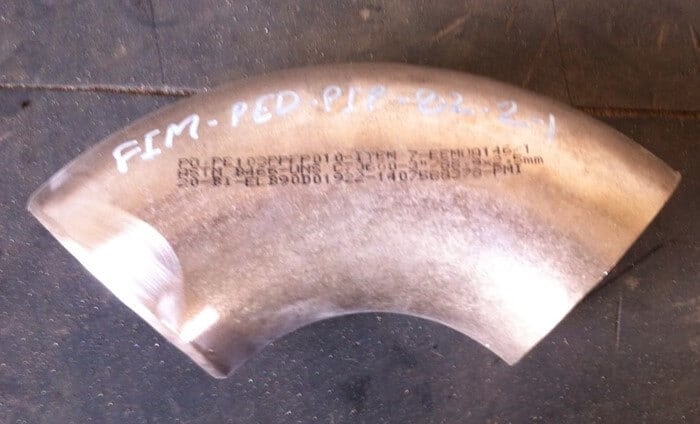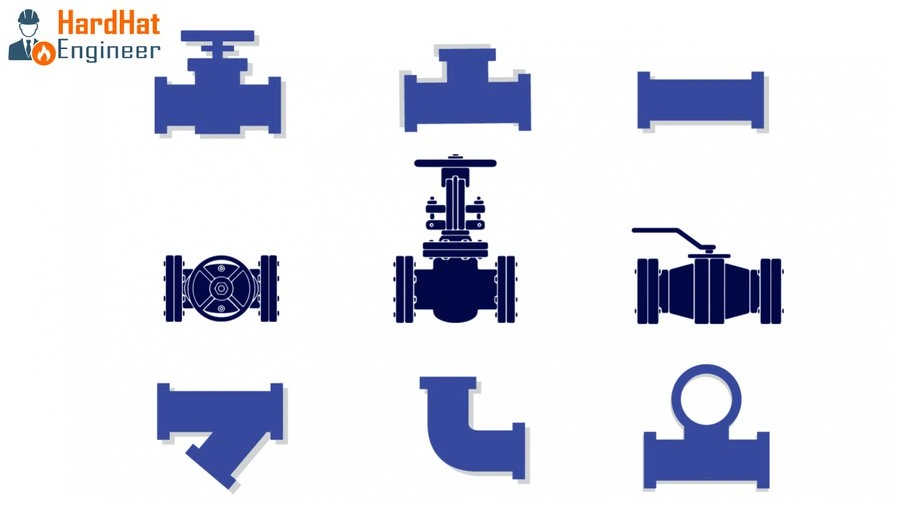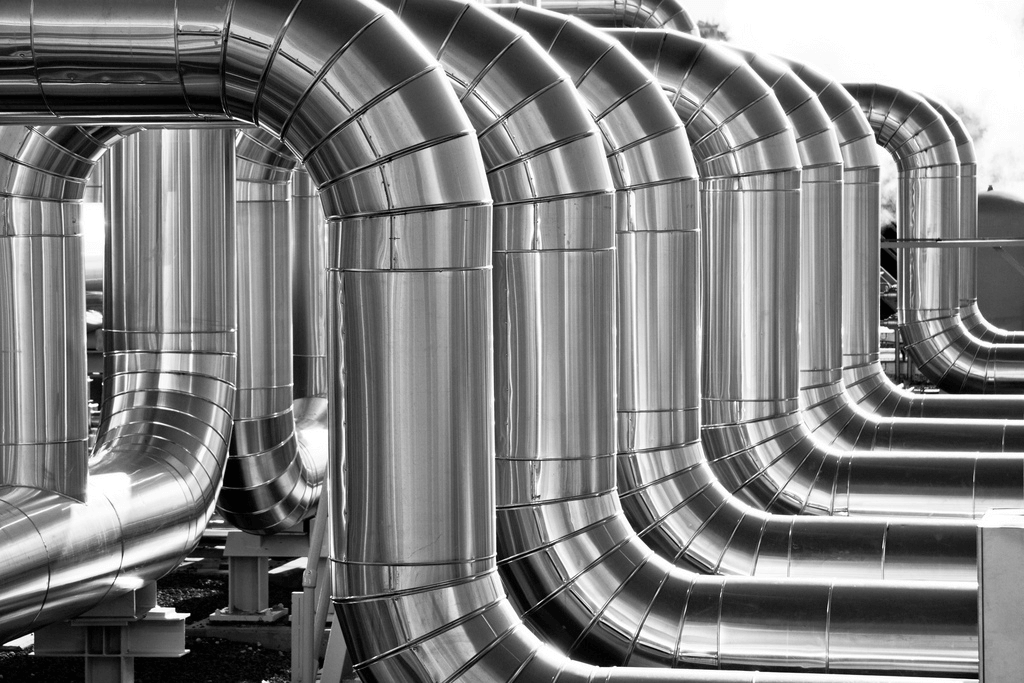Non-ferrous materials are a small part of the total piping materials, and they are used in a very aggressive environment. Non-ferrous material contains no iron or in a very insignificant amount.
These materials are more expensive than ferrous metals. Some of the non-ferrous materials used in Process Industries are listed below. The non-ferrous materials are also known as exotic materials.
- Copper and Copper Alloys
- Nickel and Nickel Alloys
- Aluminum and Aluminum Alloys
- Titanium and Titanium Alloys
- And Zirconium and Zirconium Alloys
Copper and Copper Alloys
- Good thermal conductivity and good corrosion resistance
- Brasses, Bronzes (Cu-Sn) and Cupronickels (Cu-Ni) are some examples of the copper alloy
- Cupronickels have the highest corrosion resistance among Cu alloys
- Cupronickels are used for heat exchanger tubing and seawater application
- It can be used as a cladding material with carbon steel in heat exchanger tube sheets.
Nickel and Nickel Alloys
- Good resistance to oxidation and corrosion
- Monel 400 and Hastelloy are well-known examples of nickel alloys
- These alloys are used in piping systems, pressure vessels, turbine blades, valves, and power plant accessories that handle steam at very high pressure and temperature
- Nickel alloys are frequently used as a cladding material with carbon steel
Piping Component Quiz – Test yourself, Take This Quiz
Unlock New Skills with Our Best Selling Online Courses
Aluminum and Aluminum Alloys
- Good thermal conductivity
- It is the most workable metal
- Highly resistant to atmospheric conditions
- But When coupled with more noble materials, it is subject to galvanic attack.
- And Loses strength rapidly above 175°C
- Aluminum and Aluminum Alloys are rarely used in process piping
- However, it is used as an external cladding material to protect the insulation from water ingress.
Image – Geo Thermal
Titanium and Titanium Alloys
- High strength to weight ratio
- Like SS, Titanium Oxide is formed on the surface, preventing corrosion.
- Titanium and Titanium alloy are resistant to nitric acid, which is very corrosive. Hence, it is used in this kind of process environment.
- However, an inert atmosphere is required for welding Titanium and Titanium Alloys.
- It starts losing its strength above 400°C
- Titanium is also used as a clade material with carbon steel to reduce the cost of equipment.
Zirconium and Zirconium Alloys
- Zirconium and Zirconium Alloys are used, where strong acids and alkalis are present, where other materials cannot be used due to the very aggressive environment.
Are You Piping Components Master?





